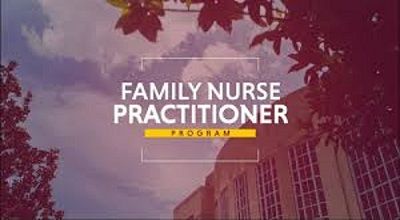Computer Programmer
Becoming a computer programmer requires a combination of education, practical experience, and ongoing skill development. Here’s a structured approach to guide you through the process:
Educational Foundation:
Obtain a high school diploma or equivalent. Focus on mathematics and science courses, as they provide a solid foundation for understanding programming concepts.
Pursue a bachelor’s degree in computer science, software engineering, or a related field from an accredited institution. Alternatively, you can opt for coding boot camps or online courses, which offer more condensed and focused training.
Learn Programming Languages and Technologies:
Master programming languages commonly used in the industry, such as Python, Java, C++, or JavaScript. Familiarize yourself with various frameworks and libraries relevant to your chosen field or specialization.
Practice coding regularly by working on personal projects, participating in coding challenges, or contributing to open-source projects. This hands-on experience is crucial for developing practical skills.
Build a Strong Portfolio:
Create a portfolio showcasing your projects, assignments, and contributions. Include descriptions of the problems you solved, technologies used, and any challenges overcome. A well-documented portfolio demonstrates your abilities to potential employers.
Gain Experience through Internships or Entry-Level Positions:
Look for internship opportunities or entry-level positions to gain practical experience in a professional setting. Internships provide valuable exposure to real-world projects and help you network with industry professionals.
Be proactive in seeking out opportunities through job boards, career fairs, or networking events. Consider applying to both large companies and startups to explore different work environments and technologies.
Continuously Improve and Stay Updated:
Stay abreast of emerging technologies, programming languages, and industry trends through online courses, workshops, conferences, and professional certifications.
Join programming communities, forums, and online platforms where you can collaborate with peers, seek advice, and share knowledge. Engaging with the programming community can broaden your perspective and keep you motivated.
Develop Soft Skills:
Cultivate strong communication, problem-solving, and teamwork skills, as they are essential for collaborating with colleagues, understanding user requirements, and effectively conveying technical concepts.
Practice writing clear and concise documentation for your code and projects, as it facilitates collaboration and knowledge sharing within teams.
Consider Specialization:
Explore various domains within computer programming, such as web development, mobile app development, game development, data science, or cybersecurity. Specializing in a particular area can help you focus your efforts and become an expert in that field.
Stay persistent and adaptable.
Understand that becoming proficient in computer programming is a continuous journey that requires dedication, perseverance, and adaptability. Embrace challenges as opportunities for growth, and never stop learning.
By following these steps and continually honing your skills, you can embark on a successful career path as a computer programmer.





